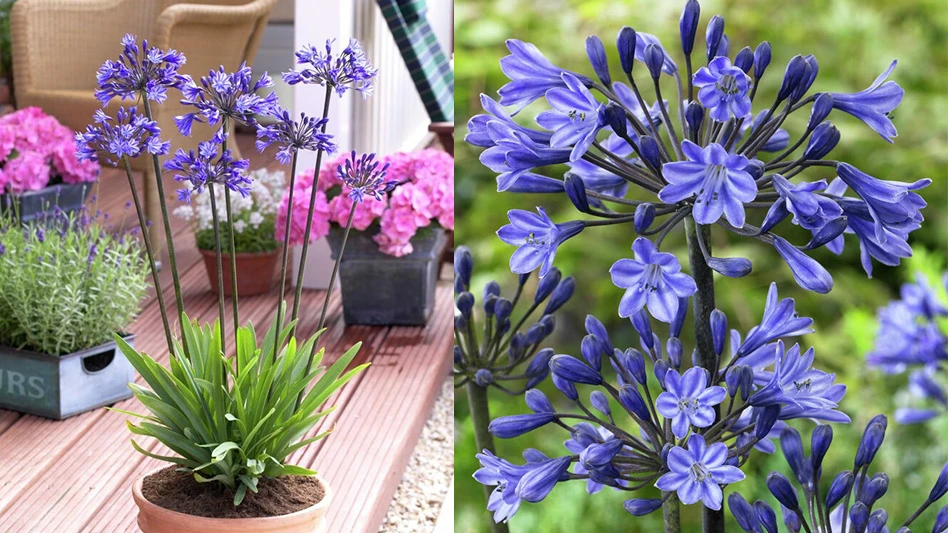
Josh Schneider
Over the past year I’ve spent a lot of time talking about the organic plant market to growers and retailers – usually with growers interested in becoming certified to produce or with retailers wanting to stock Plug Connection’s Organiks branded line of herb, vegetable and fruit plants. Because I view “organic” as a huge opportunity for our industry – and one many of us may be missing for reasons that, on examination, don’t make a lot of sense – I’d like to share some thoughts and observations on the subject.
Plants grown under the USDA’s Certified Organic label are certified in several ways:
• Free of synthetic substances;
• Containing no hormones or antibiotics;
• Raised without the use of conventional pesticides and herbicides and fertilizers;
• And containing no genetically modified substances.
We could parse the distinctions and bog down in the details – like the good horticultural professionals that we are – but the USDA’s program is the most widely-used certification model. So, let’s focus on the opportunity this program presents our industry, and not on its perfection or lack thereof.
Devilish details. In my experience, many growers and retailers seem hung up on either or both of two points. The first is that becoming a certified organic grower is so complex and fraught with regulatory hurdles that it’s just not worth the effort. This is a fair concern, but one that doesn’t stand up to analysis all that well. Growers who currently use chemicals for pest and disease control are subject to state and federal regulations on usage, storage, disposal and record keeping already. The work involved in getting your facility certified organic isn’t overwhelming, and the amount of record-keeping required is not much greater than what most good growers are presently doing.
The second argument is that organically-grown produce is no more healthy or nutritious than conventionally grown produce. You can debate this six ways to Sunday with no real satisfaction. It’s hard to quantify the relative nutritional values in every circumstance. The data are not conclusive about produce bought in a grocery store, specifically regarding whether organic is healthier/safer/better than conventionally grown.
Besides, all that doesn’t matter. What matters is that studies show a majority of people believe that products labeled as “organic” are healthier, more nutritious AND better for the environment. Even if they don’t understand why it’s better, they believe – definitively – that it is better for them. Period.
Perception, meet reality. We can point/counterpoint the issues amongst ourselves as long as we like, but that’s not going to change public opinion – or increase our sales. The important consideration for me is that our customers have already decided that they want organic fruits, vegetables and herbs available to them in more and varied forms. So aren’t we hurting ourselves by refusing to meet this demand? And are we not encouraging our customers to look to other sources to find this sort of product?
Normally, I get my vegetable garden in San Diego planted over a one- or two- week period ahead of pack trials. I need the pressure of those two weeks on the road to motivate me. Also, we don’t have frost in San Diego, so the timing of spring is a bit nebulous. This year I was late, and I couldn’t get all the varieties I wanted at one store. I figured that this was a good opportunity (my kids would say, “excuse”) to spend even more time at garden centers.
I went to several box stores and to three independents. I’ll spare you my opinions on the various ineptitudes at each venue, but one thing I found most interesting was the absolute mass of people congregated in the vegetable and herb areas.
The signage on average was better at the box stores (with clearer groupings and less visual confusion – and almost no staff support), but that advantage came at the expense of variety and choice – just as you’d expect.
The independent stores had far wider variety – seemingly hundreds of tomatoes alone – but more chaos. Hardly anyone knew what they wanted. The average age of customers shopping the vegetable department was substantially less than that of the other areas’ customers – young couples and young singles in their 20s and 30s, in addition to people in their 40s and 50s. The enthusiasm of the customers gardening for the first time was impressive.
What’s the selling point? In each store I talked to people about what they were looking for and why. The “exclamation point” that carried through all of the stories was a profound enthusiasm for organic plants. Of course, nobody knew exactly what “organic” meant, but they were really excited about it. I asked them why they liked things that were organic and what it meant to them. Some of the phrases they used were: “more healthy,” “more nutritious,” “better-tasting,” “better for the earth,” “help reduce global warming,” “fun” and “cool.”
That last assessment, particularly, stuck with me. For younger people, gardening is something their grandma does, but organic gardening is “cool.” That’s huge. We are worried all our customers will eventually die off. Collectively, we’ve spent countless hours navel-gazing and trying to figure out a way to appeal to young people and to get kids gardening. What we’ve come up with is a collection of deeply “uncool” ideas that involve stupid and cartoonish marketing concepts and/or sunflowers .(Why are sunflowers always seen as kid-friendly?)
You really want kid-friendly? My children love the vegetables from my garden. One of my daughters asked why my tomatoes are the only ones that she’s ever eaten that “taste.” Good question.
Clearly, organic gardening is our latest “gift horse.” I would suggest that we forget arguing about who gets to look it in the mouth and, instead, ride it as far as it will carry us.
Josh Schneider is a founder partner of Cultivaris, a horticulture consulting firm that scouts for new ideas and products, evaluates them and helps transform them into successful business opportunities for company clients. A lifelong gardener and former nursery owner, he has been a regular contributor on the DIY Network and has given hundreds of talks to trade and consumer groups on a variety of hort-related topics. E-mail him at josh@cultivaris.com or visit www.cultivaris.com.

Explore the July 2009 Issue
Check out more from this issue and find your next story to read.
Latest from Garden Center
- Meet the All-America Selections AAS winners for 2025
- AmericanHort accepting applications for HortScholars program at Cultivate'25
- 2025 Farwest Show booth applications now open
- The Garden Center Group hosting 'The Financial Basics of Garden Retailing Workshop Series'
- Weekend Reading 11/22/24
- Hurricane Helene: Florida agricultural production losses top $40M, UF economists estimate
- Terra Nova Nurseries shares companion plants for popular 2025 Colors of the Year
- Applications open for Horticultural Research Institute Leadership Academy Class of 2026





